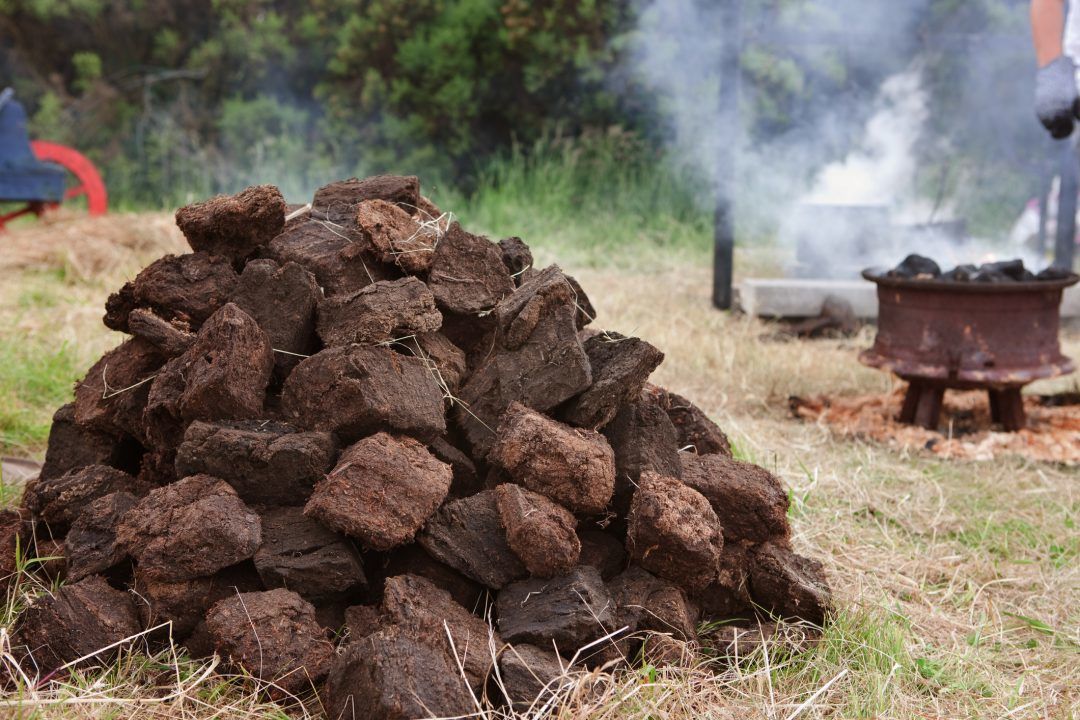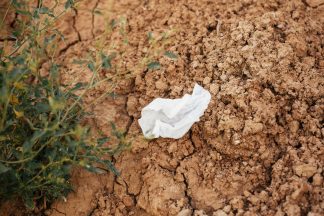Scotland needs to urgently halt nearly all peat-burning or risk failing to meet its ambition of net zero by 2045, a report has indicated.
Current “muirburn” practices, the controlled burning of vegetation in moorland areas, typically to promote new growth, are “incompatible” with the Scottish Government’s climate ambitions, said the Royal Society for the Protection of Birds Scotland (RSPB).
The conservation charity said peatlands are key centres of carbon storage and when burned can rapidly release stored carbon, whereas healthy wet peatlands continually store the atmosphere-damaging element.
Peatland is estimated to cover nearly a quarter of Scotland, and last year the Scottish Government announced £250m over 10 years for restoring peatlands, with a target of restoring 250,000 hectares of degraded peatland by 2030.
In November 2020, then-rural affairs minister Mairi Gougeon said in a statement to parliament: “In future muirburn will only be permitted under licence from NatureScot, regardless of the time of year it is undertaken.
“And there will be a statutory ban on burning on peatland, except under licence for strictly limited purposes such as habitat restoration.”
The RSPB welcomed this commitment but said it urgently needed to be brought in by this time next year.
October 1 is the start of the muirburn season, which runs until April 15, NatureScot said.
The report, How to prevent nature and carbon going up in smoke: Licensing Muirburn, calls for NatureScot to license all muirburn, whether for gamebird and deer management or agricultural purposes.
It also called for all licences to be subject to full compliance with an updated muirburn code, “which puts addressing climate change and nature loss at its heart, delivering Scottish Government priorities for native woodland expansion, peatland protection and biodiversity conservation”.
A current self-regulating muirburn code is ineffective, the RSPB argues, and needs to be more tightly enforced.
Duncan Orr-Ewing, RSPB Scotland head of species and land management, said: “In the current nature and climate emergency, it is now widely accepted that all land uses will need to change to play their part in addressing the climate challenge we are facing.
“In this context, and as part of a wider package of change in land use practices, we believe that muirburn must now be properly regulated.
“The Scottish Government proposes to license muirburn and to ban burning on peatlands, which we strongly support.
“However, this should be done urgently and be in place before the muirburn season of October 2022.
“The upcoming COP26 in Glasgow next month will surely reinforce how urgently actions like this are now needed.”
In response to the RSPB’s comments, a Scottish Government spokesperson said: “We understand the urgent need for tighter regulation and oversight of muirburn, and we set out our commitment to deliver a licensing regime as part of our 2021-22 Programme for Government.
“We will also introduce a wholesale ban on burning on peatland, except in very limited cases, as part of an approved habitat restoration programme, and we will review the current definition of peatland, taking expert advice on whether a stricter definition should be imposed.”
Follow STV News on WhatsApp
Scan the QR code on your mobile device for all the latest news from around the country


 iStock
iStock

























